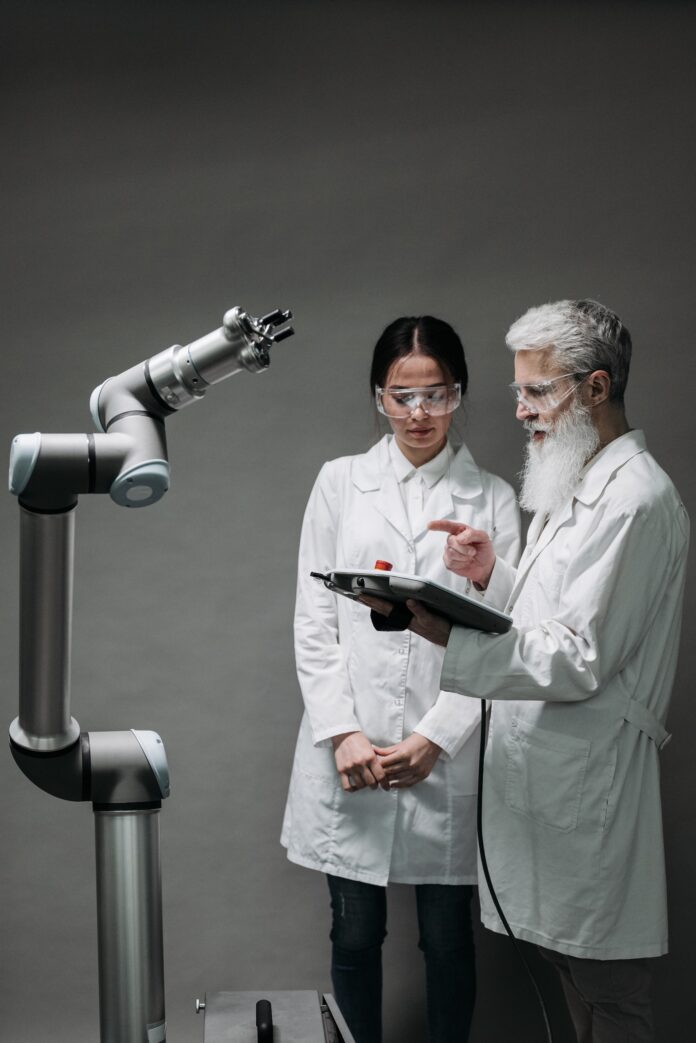Advances in Artificial Intelligence (AI) are rapidly changing the healthcare industry. AI has already shown its potential in numerous applications such as predicting disease, diagnosing ailments, and developing new drugs. As healthcare providers continue to embrace the potential of AI, the future of healthcare will be vastly different from what we know today.
One of the most promising areas where AI can revolutionize healthcare is in the diagnosis of diseases. AI-powered algorithms can analyze massive amounts of data from patient records and medical images to help clinicians identify diseases earlier and more accurately. For example, researchers have developed an AI system that can detect diabetic retinopathy, a leading cause of blindness, with 90% accuracy, compared to the 86% accuracy of human ophthalmologists.
AI can also be used to develop new drugs more efficiently. Drug discovery is a lengthy and expensive process that can take years and cost billions of dollars. However, AI can accelerate the process by predicting which compounds are most likely to be successful in treating specific diseases. By analyzing vast amounts of data on drug compounds and clinical trials, AI algorithms can narrow down the search for new drugs and identify the most promising candidates, leading to faster development times and lower costs.
Another exciting application of AI in healthcare is precision medicine. Traditional medicine is based on a one-size-fits-all approach, but precision medicine aims to provide personalized treatment plans based on a patient’s individual characteristics, including genetic makeup, lifestyle, and environment. AI can analyze large amounts of data from various sources, including electronic health records, genomics data, and environmental data, to provide personalized diagnoses and treatment plans.
Moreover, AI can help healthcare providers manage patients with chronic diseases more effectively. Chronic diseases, such as diabetes, asthma, and heart disease, are prevalent and costly to treat. AI algorithms can analyze data from patients’ health records and wearables, identify patterns and trends, and alert healthcare providers to potential issues before they become serious problems. By providing personalized and proactive care, AI can help prevent disease progression and improve outcomes for patients.
Despite the potential benefits of AI in healthcare, there are also challenges that need to be addressed. Privacy concerns, ethical considerations, and biases in data are all factors that must be carefully considered when developing AI-powered healthcare solutions.
In conclusion, AI has the potential to transform healthcare in many ways, from improving diagnosis to developing new drugs and providing personalized treatment plans. As AI technology continues to evolve, it will be exciting to see how it will change the future of healthcare.





